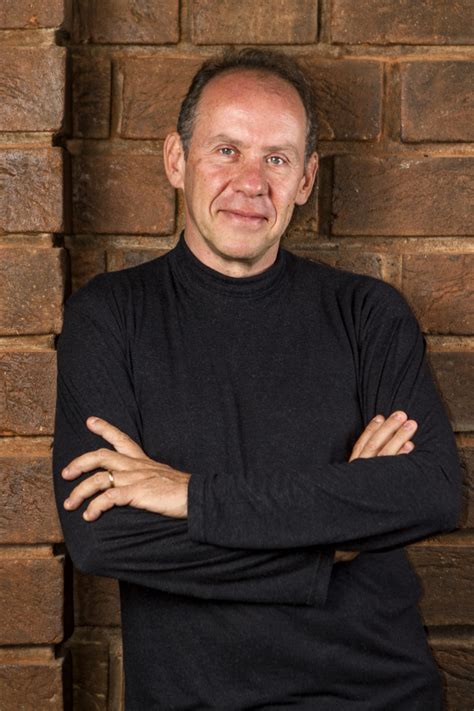A Quote by Abhijit Banerjee
We've learned a huge amount from organisations like Seva Mandir and Pratham, for example. In my personal experience, these organisations work on a very large scale with very poor people.
Related Quotes
At the core, there is one simple, overarching reason why so many people remain unsatisfied in their work and why most organisations fail to draw out the greatest talent, ingenuity, and creativity of their people and never become truly great, enduring organisations. It stems from an incomplete paradigm of who we are - our fundamental view of human nature. The fundamental reality is, human beings are not things needing to be motivated and controlled; they are four-dimensional - body, mind, heart, and spirit.
If you take all the food aid, America is by far the most generous country. If you take the direct aid, we're very generous. But when you add on our private contributions - see, our tax system encourages private citizens to donate to organisations that, for example, help the folks in Africa. And when you take the combined effort of US taxpayers' money plus US citizens' donations, we're very generous. And we'll do more.




































